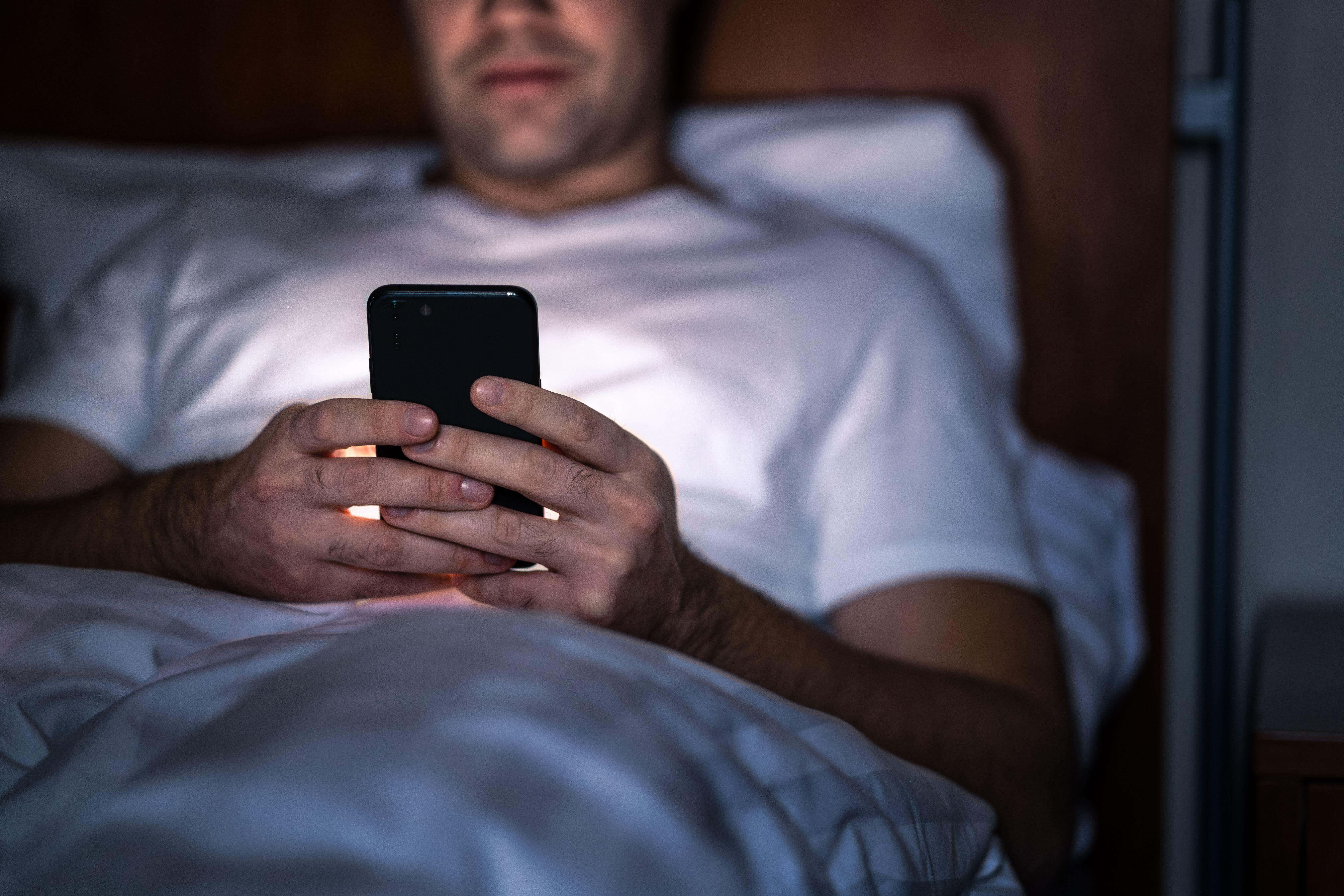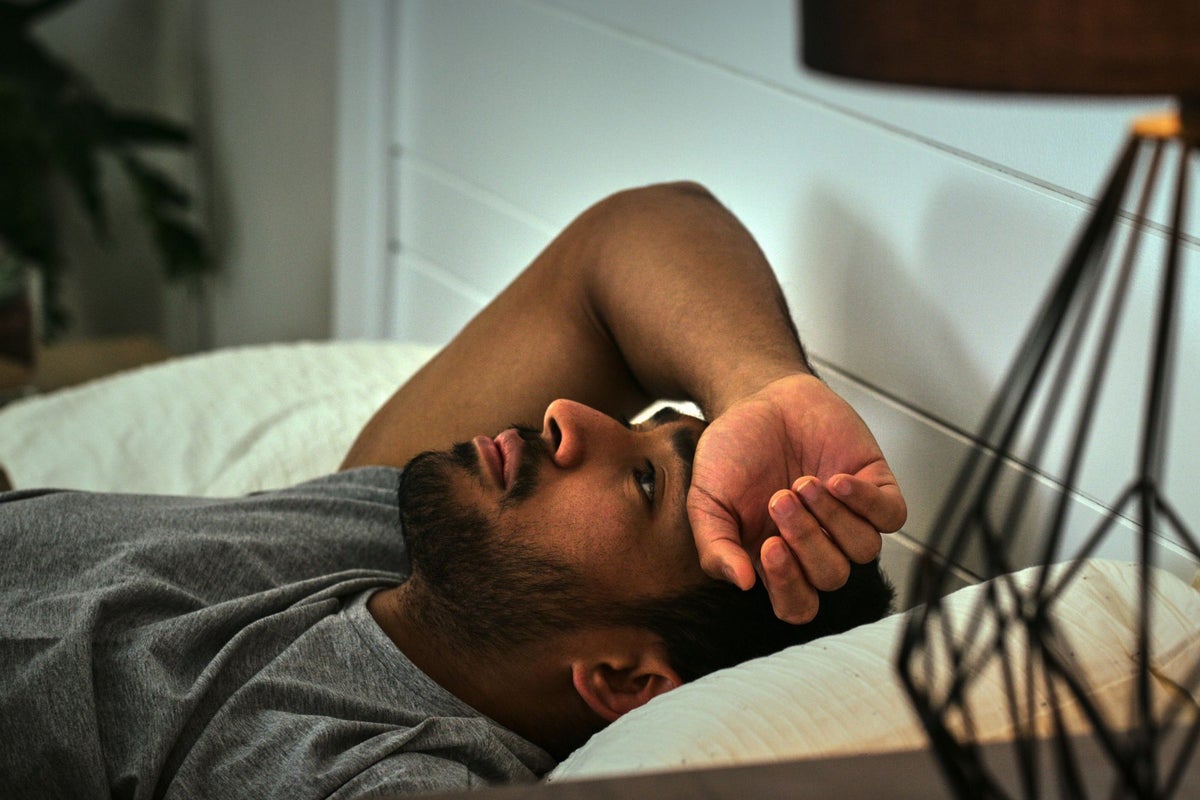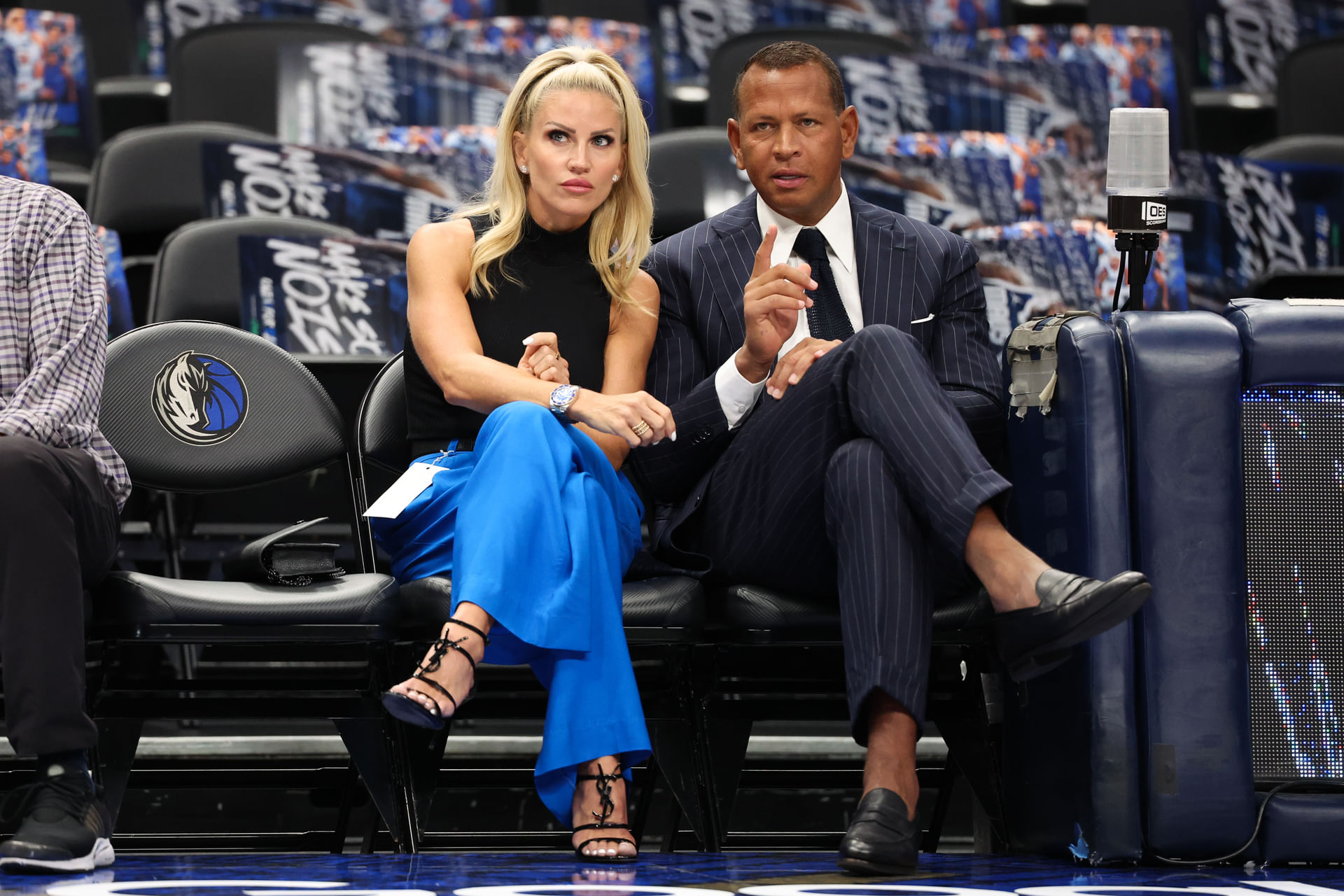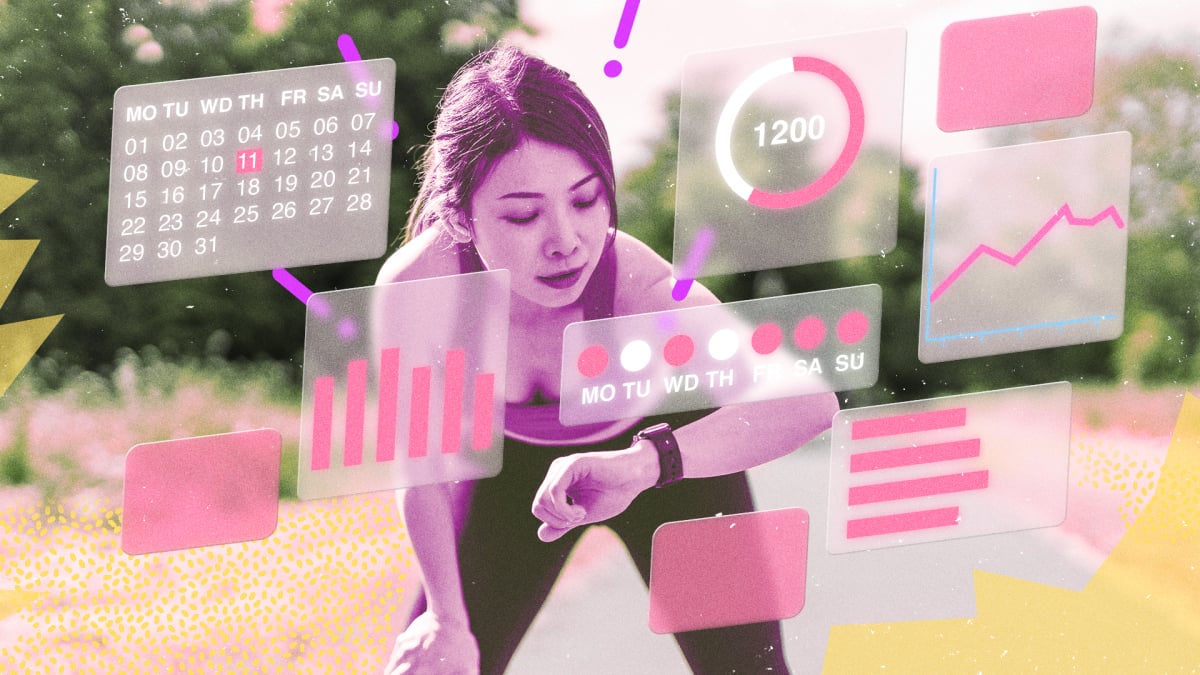Sleep is arguably the most overlooked tenet of health and fitness there is. It also tends to be the one people are most reluctant to take steps to improve.
Those on a health kick will happily compare workout plans, diets, supplements and shiny new recovery tools, pouring time and money into each category. Then they go home, watch TV into the early hours and wonder why they don’t feel so good. Yet experts agree that your time between the sheets could be the key to unlocking untold benefits.
“It’s free, but not everyone uses it,” Coros athlete and Scotland’s first four-time Olympian Eilish McColgan tells me. “It’s probably the thing that’s neglected the most, but it should be a key focus – that is when your body recovers.”
“Sleep is a massive thing for me, but it’s something I neglected for a long time,” fellow Olympian, Red Bull athlete and BMX supremo Kieran Reilly adds. “I thought it wasn’t a big deal, and if I focused on everything else it would be fine. But [since fine-tuning my approach in 2022] the difference in my energy levels, recovery and performance has been massive.”
The problem is, elite athletes don’t live the same lives as the majority of people. For the rest of the world, sleep can’t always be a priority, and the fabled (though scientifically dubious) eight hours per night reads more like fiction than aspiration.
For those in this camp, for whom improving sleep quantity isn’t an option, upping their sleep quality might be enough to enjoy some of the impressive benefits of an optimised kip – improved appetite regulation, focus, mood and immune function, to name a few.
This is something the UK’s best-known trainer, Joe Wicks, found as a father of four with frequent interruptions to his nightly resting efforts.
“The first thing to really prioritise, and I think a lot of people will resonate with this, is getting your sleep right,” he says. “When you’re sleeping well, the food and exercise side of things comes a little bit easier.”
He said two changes have proved transformative to this; improving his sleep regularity, and investing in a Lumie alarm clock so he can leave his phone downstairs when bedtime rolls around.
“The truth is, if you remove the phone from your bedroom, you’re way less likely to doom-scroll, to wake up in the night and check your phone or to lay in bed for an extra hour in the morning – it is the most important thing you can do,” he says.
If you’re in the market for some sleep tips to supercharge whatever slumber you are able to snag, read on. We’ve spoken to experts and raided the research to find the best actionable advice for doing just that.
Read more: I drank kefir for a month and it made me feel like a superhuman – what’s the secret behind this gut-friendly drink?

Sleep regularity
As Wicks mentions, sleep regularity is key. This simply means attempting to establish consistent times at which you fall asleep and wake up.
In fact, sleep regularity is now believed to be almost as important as sleep duration for our long-term health, with a 2023 consensus statement published in the Sleep Health journal highlighting its role in “health, safety and performance”. However, the statement also concludes that “when insufficient sleep is obtained during the week or work days, weekend or non-work day, catch-up sleep may be beneficial”.
The reason sleep regularity is so important is because of your circadian rhythm – an intrinsic 24-hour body clock plugged into every cell and system in the body. Disrupting this rhythm with irregular sleep throws the body off balance, playing havoc with our internal systems and contributing to an increased risk of conditions such as fatigue, depression and heart disease.
Be careful with food and caffeine timings
Don’t consume caffeine in the eight hours before you plan to sleep, and avoid eating at least two hours before heading to bed, The Sleep Scientist founder Dr Sophie Bostock advises.
Caffeine’s stimulatory effects are widely known, and most people will be able to work out why swerving it ahead of bedtime is a good idea. With food, Dr Bostock says eating sends signals to our body that it still has a job to do – namely, digesting – so it will struggle to access deep sleep in the hours afterward.
Read more: I tried mouth taping for three weeks, and the results surprised me

Moderate phone use
It was previously believed that exposure to bright light from phone screens before bed was derailing your slumber. While this probably doesn’t help, recent research suggests it doesn’t play as significant a role as many once thought. However, your phone is still standing between you and a solid night’s kip.
A 2024 theoretical review proposed that other tech-linked factors are also at play – its phrasing of “bedtime procrastination” may strike uncomfortably close to home for some.
“Bright light and arousal do not seem to matter as much as how we manage our screen time in the evening,” it states. “For some individuals and families, removing technology from bedrooms overnight could be a helpful way to prevent any possible impacts of technology use on sleep. However, restricting devices may not suit everyone, or for some families this could be difficult to implement.
“Technology is here to stay, and a harm minimisation approach is warranted – technology can be in the bedroom, but to avoid a negative impact on sleep it should not disturb you during the night [or be put on flight mode]. It should not be used later than the intended bedtime, and it should be used for less engaging activities like TV watching [before your set bedtime].”
Read more: The three ‘essential’ kettlebell exercises for health and longevity, according to an expert strength coach

Use light to your advantage
While phone light may not be as important as first thought, light in general remains vital for regulating your sleep.
Consistent signalling is key to keeping your body operating smoothly, and for time-signalling, these signals are called zeitgebers or time-givers. Natural light, Dr Bostock says, is the most powerful zeitgeber at our disposal.
For this reason, it’s important to expose yourself to plenty of natural light shortly after waking wherever possible. Working in a well-lit area during the day will also help.
Contrastingly, in the two hours before bed, turn down the lights in your home. This advice comes from a list of tips given to participants in a 2020 sleep study published in The Journal of Sports Medicine and Physical Fitness, with a view to improving their sleep.
Further featured advice includes the three points above, as well as keeping your bedroom quiet and cool, doing calm and positive activities before bed, “trying to get so much sleep that you do not need an alarm clock to wake up”, and learning a relaxation technique. This brings us nicely to our final point.
Read more: Sleepmaxxing: Is the pursuit of the perfect night’s rest making us more anxious?
Learn a relaxation technique
This can be anything from meditation to journaling. You might even benefit from drafting up a quick action plan for the next day or a simple to-do list, Dr Bostock says.
It’s all about giving yourself a sense of control, she advises. “Reflect on each thought, express it so it’s not just churning around in your head, then move on.”
Read more: 17 best mattresses, tried and tested by The Independent’s sleep expert




